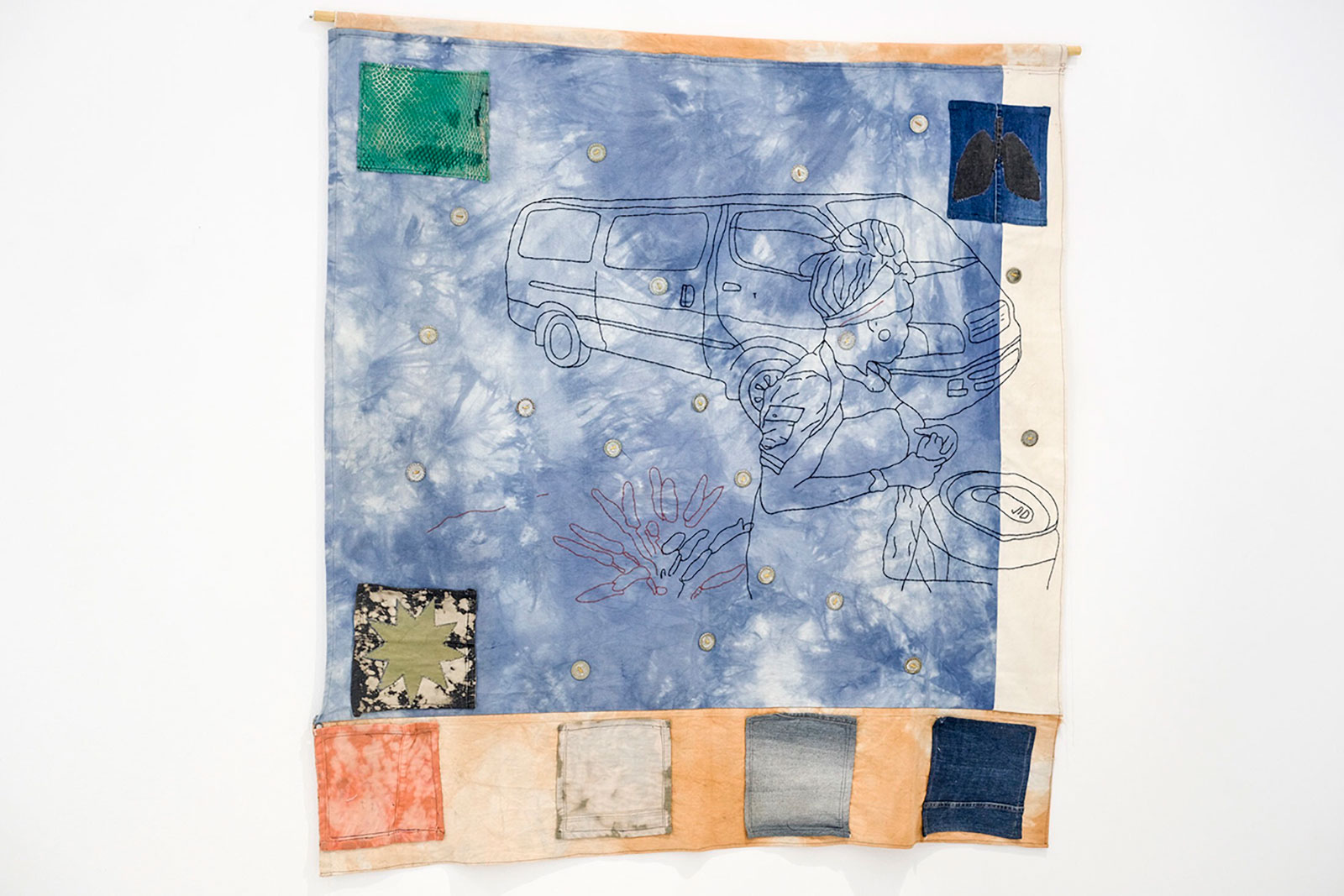Four PALOP artists take part in Hangar/Gulbenkian residency

The four artists were selected from a total of 68 applications from Angola, Cape Verde, Guinea-Bissau, Mozambique and São Tomé and Príncipe, received during the open call that ran from June 18 to July 18.
Carla Rebelo (São Tomé and Príncipe) is a self-taught visual artist who lives and works in Barcelona, exploring processes of identity construction through photography, archives, video and text. As for Mozambican artist and curator Carina Capitine, the body, nature and sensuality are the stage for the materialization of her imagination, and art is the engine for giving voice to the experiences of marginalized communities.
Wyssolela Moreira lives and works between Luanda (Angola) and Toronto (Canada) as a multidisciplinary artist and art director, using mixed-media collage, writing, photography, installation, textiles, video art and performance to explore the complexities of an “I” influenced by neocolonial normativity. For his part, Cape Verdean Yuran Henrique explores the potential of materials such as fabrics, steel and pigments to create his works, promoting reflections on perception, representation and hegemonic forms of knowledge.
The “Affective Ecologies” project invites a group of artists to develop artistic exchanges for two weeks, in an intensive artistic residency format, at Hangar – Centro de Investigação Artística, in Lisbon, with the support of the Calouste Gulbenkian Foundation. The residency program is based on a collaborative model, oriented towards the creation of models of action and reflection on creative and artistic processes, which also aims to enhance the international projection of the participating artists.
The results of the residency will be presented on October 16 at CAM, as part of a public program curated by Cindy Sissokho, Paula Nascimento and Monica de Miranda. This program consists of a space for reflections on Amílcar Cabral’s thought through research, readings, performances and artist talks.
In the year that marks the 50th anniversary of April 25 and Portuguese democracy, “Affective Ecologies” recalls the contributions of Amílcar Cabral and his unique voice in anti-colonial revolutions, African cultural affirmations, national liberation and resistance, inviting reflection on the importance of art and culture for development, in a sustainable and community-based approach.
Image: © Odju, 2022, by Yuran Henrique
